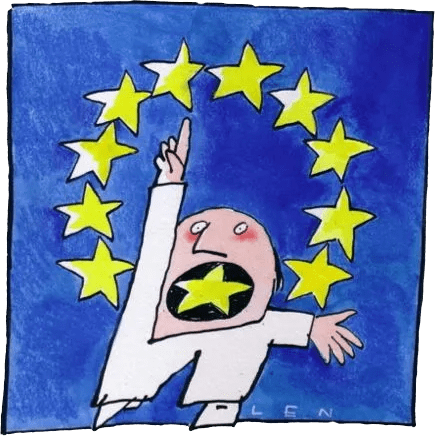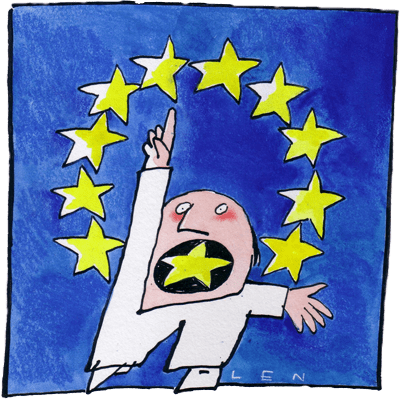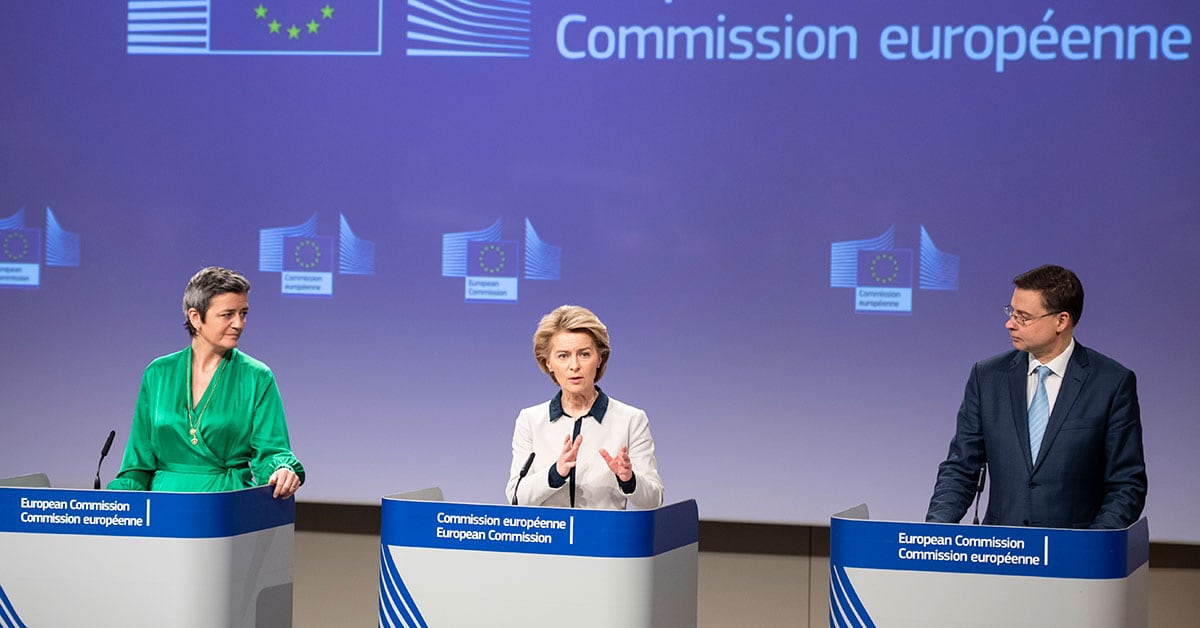
Between 4 and 12 November, the European Parliament held confirmation hearings with the 26 Commissioner-designates proposed by newly reelected European Commission President Ursula von der Leyen, and on 27 November it approved the entire College of Commissioners. The journey leading up to this decision raises significant doubts as to whether democracy and the European Citizens’ Initiative (ECI) are truly safeguarded under the incoming EU Commission.
The installation of a new European Commission presents a rare chance to elevate participatory democracy within the EU’s political priorities. However, early signs from Von der Leyen already indicated that any such hopes are likely misplaced. Rather than proposing a dedicated Commissioner for democracy with a robustly funded Directorate-General (DG), the democracy portfolio has been fragmented and dispersed across several Commissioner-designates, including Michael McGrath, Henna Virkkunen, and Maroš Šefčovič. Although Šefčovič is anticipated to oversee the ECI, as he did between 2009 and 2014, it is just one of his many Commission responsibilities, spanning international trade, economic security, interinstitutional relations, and transparency. Unlike Jourová’s mission letter in 2019, which at least included the Commission’s intention to improve the ECI, this term’s mission letter for Šefčovič, fails to even mention the ECI, let alone express a commitment to strengthen the instrument.
During Šefčovič’ confirmation hearing, MEP and former ECI rapporteur Lóránt Vincze raised a direct question concerning the Commission’s inconsistent follow-up on successful ECIs (see recording at 15:43 timestamp). In his response, Šefčovič praised the European Parliament for enhancing the user-friendliness of the ECI and noted a practice of notifying the College of Commissioners about new ECI registrations. However, he ignored Vincze’s actual question: when the Commission would improve its response to ECIs, particularly those backed by a majority in Parliament. At this point, it is worth remembering that the ECIs ‘Minority Safepack’ and ‘End the Cage’ were not only supported by more than 1 million EU citizens, but also received 2/3 majorities in the European Parliament.
Šefčovič’ evasiveness is illustrative of the Commission’s approach towards the ECI at this moment in time, which is most clearly reflected in its scandalous treatment of the ‘End the Cage Age’ ECI. This ECI, which calls for the end of animal caging in farming, received full support by the Commission in 2021, making it the first and only successful ECI to secure a positive Commission response and a formal commitment for full legislative implementation. However, by late 2023, the promised legislative action was stalled, seemingly due to industry pressure. In response, the ECI’s organisers, supported by The ECI Campaign, have taken the EU Commission to court over this inaction.
In her mission letter to Olivér Varhelyi, Commissioner-designate for Health and Animal Welfare, Von der Leyen did not mention the need to follow up on the ’End the Cage’ ECI, missing the opportunity to provide clarity on where the Commission currently stands when it comes to this particular ECI and its own 2021 promises in response to said ECI. During the confirmation hearing, Varhelyi himself briefly spoke about the ECI in response to a question from MEP Tilly Metz (see recording at 19:38 timestamp). He acknowledged the need to follow up on the ECI, but he failed to recognise that the Commission had broken its promise vis-a-vis said ECI, and the urgent action needed to restore lost trust. Instead, he spoke about wanting to engage in a one-year “dialogue with all stakeholders, especially farmers, to discuss different solutions.” This is in line with the Commission’s stalling tactic that could be observed over the last year, refusing to take responsibility for its own commitments, which were only made after a lengthy participation and consultation process, with the ECI being launched back in 2018.
The Commission’s scandalous treatment of the ‘End the Cage Age‘ ECI does not only hurt this particular ECI and the animals whose rights it defends, it also hurts the ECI instrument and EU democracy as a whole. The Commission’s positive response to this ECI in 2021 contributed to a new wave of well-organised ECIs, as it gave people and civil society organisations the hope and confidence that an ECI can actually lead to meaningful change. Much of this hope and confidence is currently severely dashed.
It is only through acknowledging the damage it has done and taking the necessary urgent actions to repair the damage that the Commission can hope to restore some trust. However, given the past six months leading up to the installation of this new Commission on 1 December—including the unprecedented appointment of an extreme-right Executive Vice-President—concerns about the Commission’s commitment to participatory democracy remain very high.

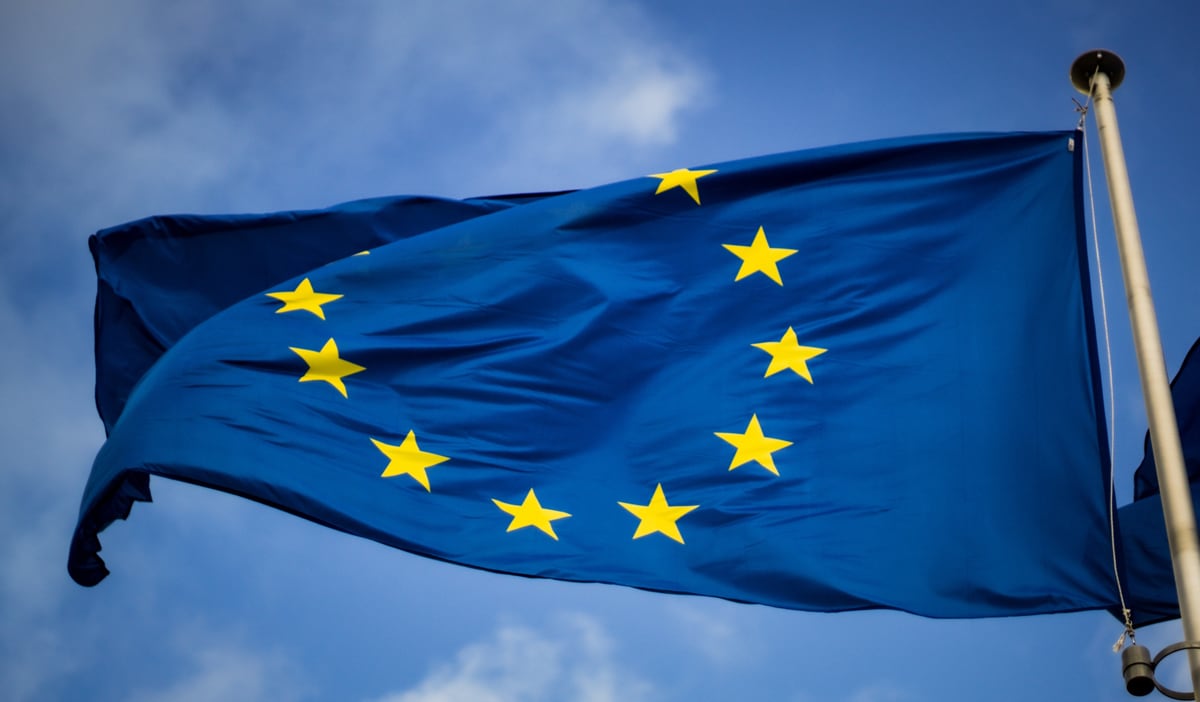
ECI for the Rights of Nature: A Chance for Democracy and Environmental Protection


EU Court’s Decision to Limit NGOs in Cage-Free Case Raises Concerns Over Democracy and ECI Integrity
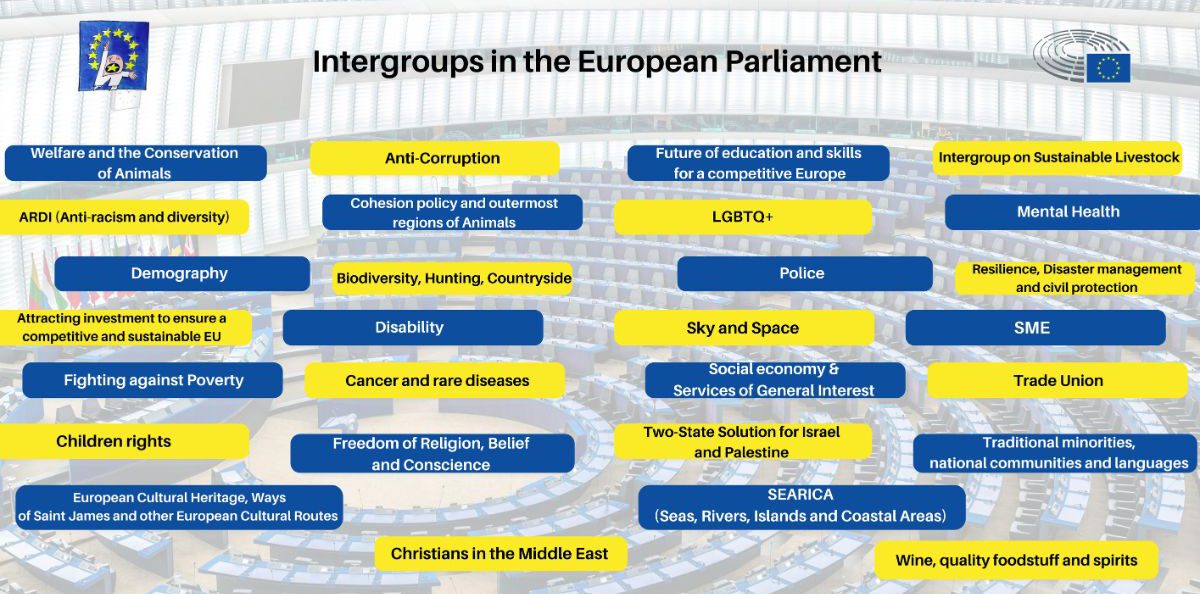

A Platform on the Future of Democracy in the European Parliament – Next Steps
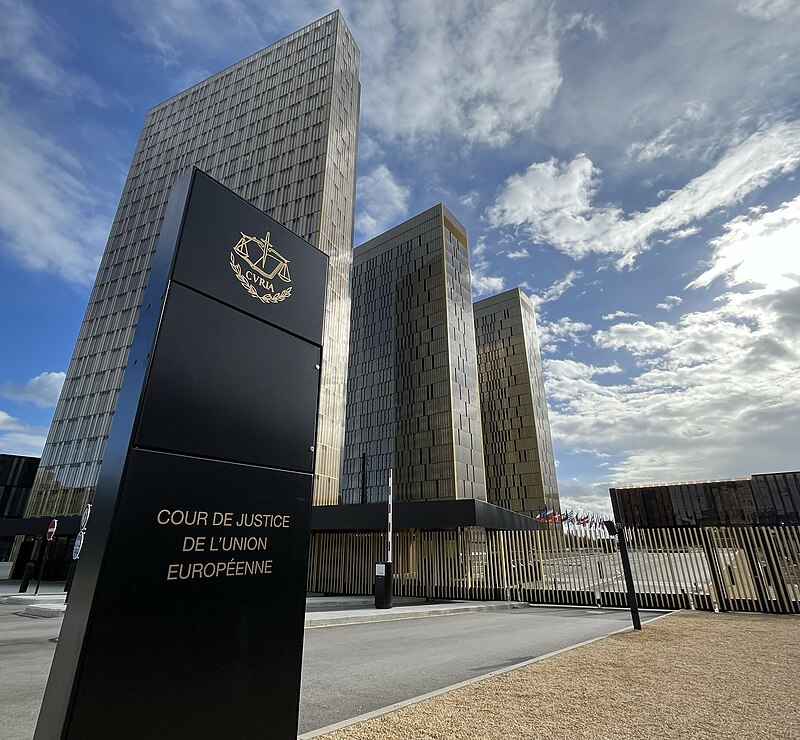

The ECI Campaign joins End the Cage Age legal action
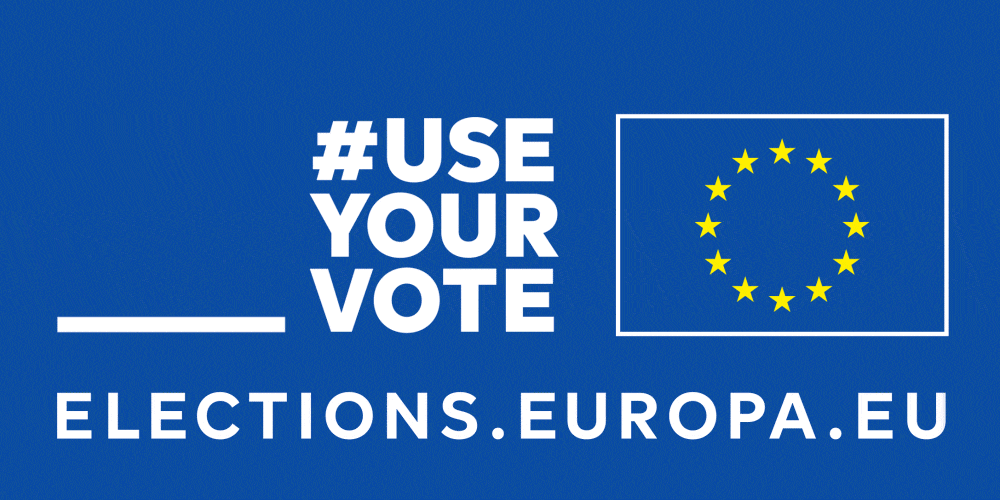

Several EU political parties speak out for ECI reform ahead of EU elections


